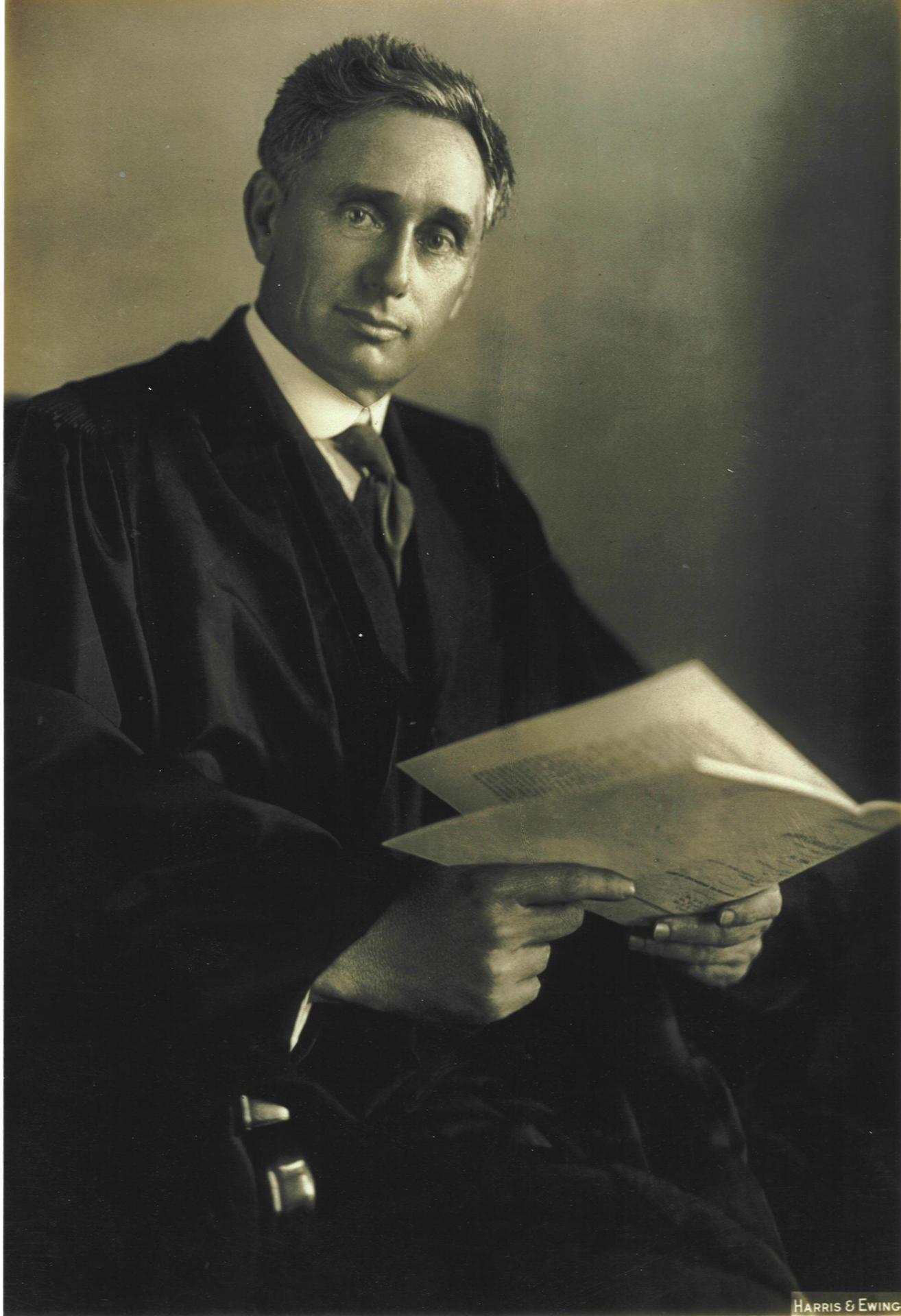Our History

Supreme Court Justice Louis Dembitz Brandeis
November 13, 1856 - October 5, 1941
Back in the twenties and thirties the choice in education for American Jews was either a yeshiva, an intensive day-long program of religious instruction followed by secular studies in the evening, or public school with Hebrew classes after school, a few days a week.
“The problem,” said Rabbi Irving Miller, a leading American Zionist, “was that the children learned that there was a time to be Jewish.” After his appointment as Rabbi of Congregation Shaaray Tefila in Far Rockaway, Rabbi Miller saw a unique opportunity to do something constructive about the dualism.
In 1930, Rabbi Miller founded the Jewish Center School, one of the first schools in the United States to integrate general and Jewish studies into a single educational experience. Today, hundreds of schools model their bi-cultural curricula after the JCS, Brandeis Hebrew Academy, and share its philosophy: to develop in students an appreciation of both American and Jewish values and ideals.
Rabbi Miller’s school began with only kindergarten and first grade. Additional grades were added each year until a complete elementary school course of eight grades was established in 1935. The school received a great deal of recognition and praise in its early years from prominent educators and social leaders who were impressed with its rich and varied program, based on the progressive teaching methods of American education reformer, Horace Mann. After a visit to JCS in 1936, Eleanor Roosevelt was moved to write of the school in her newspaper column: “I wonder if many racial groups could not take a leaf out of their book, and if the result might not be far-reaching in making us understand other nations and what was drawn from them.”
After the school moved to Congregation Sons of Israel in Woodmere in 1945, the name was changed to honor the Supreme Court Justice Louis D. Brandeis. The first Jewish Justice of the high court, the late Justice was a proponent of open and robust inquiry, a reverence for learning and knowledge, and service to others.
A bold idea in 1930, the concept of The Brandeis School, now known as Brandeis Hebrew Academy is no less meaningful over 90 years later. The school’s philosophy, as written in 1936, is equally relevant today: “It is our profound conviction that if the Jewish child today is to truly belong to his people, he must be conscious of the Jewish sense of brotherhood and he must learn that loyalty and devotion to Judaism, far from being incompatible with, are, on the other hand, complementary to loyalty and devotion to the highest American ideals.”
Committed to honoring Judaism’s traditions, values and ideals, and appreciating the centrality of the land of Israel and the people, The Brandeis School provides our students with the forum in which to build meaningful Jewish lives.